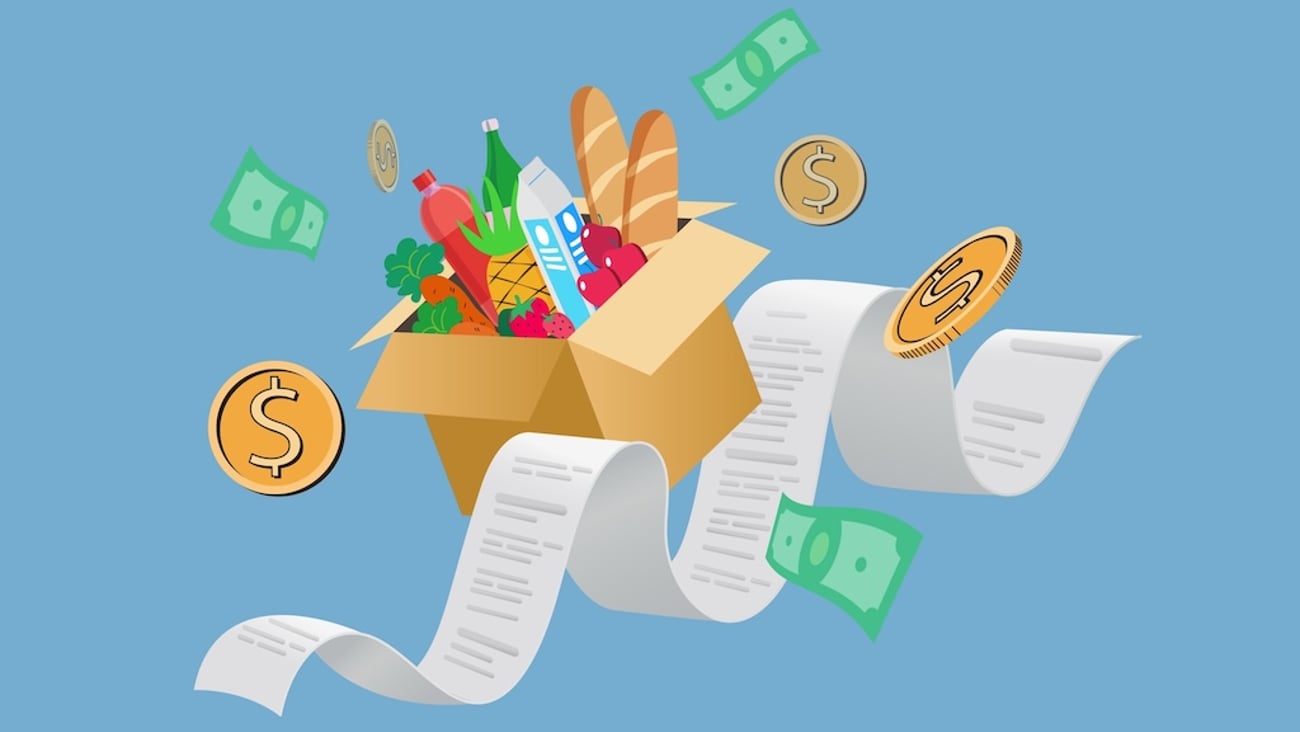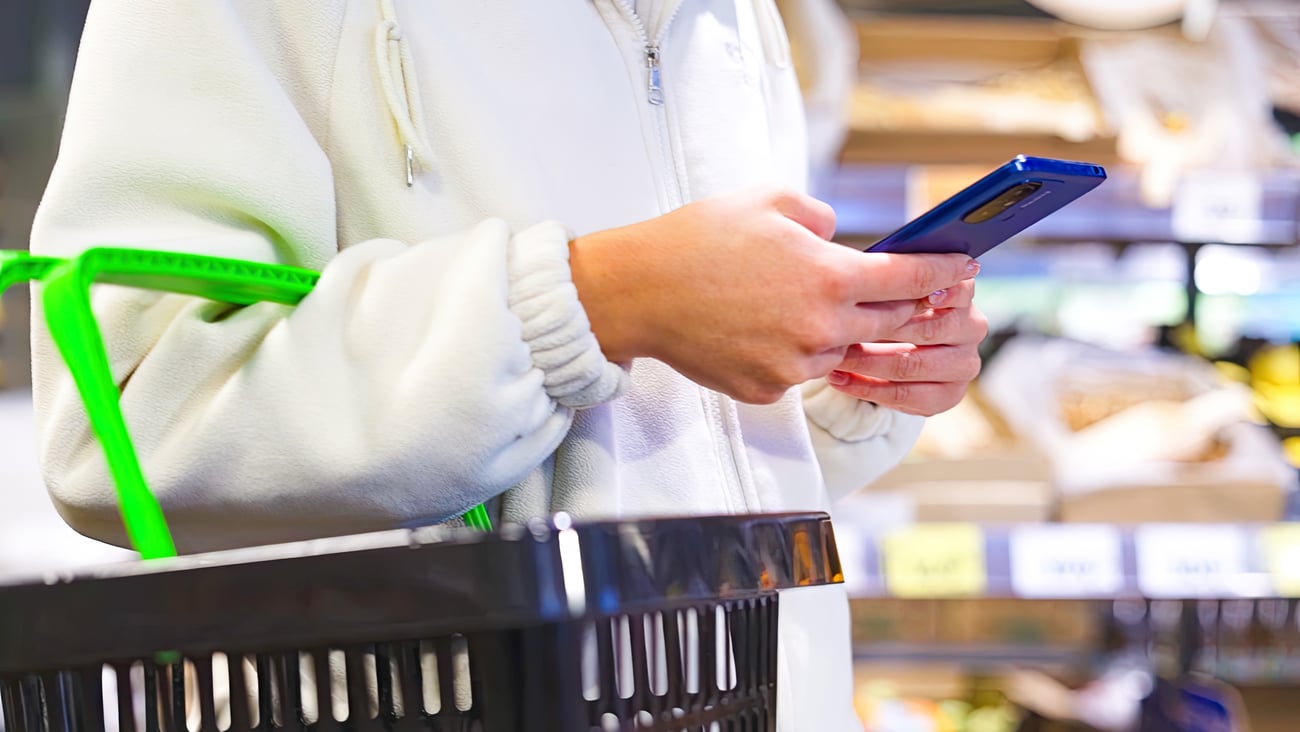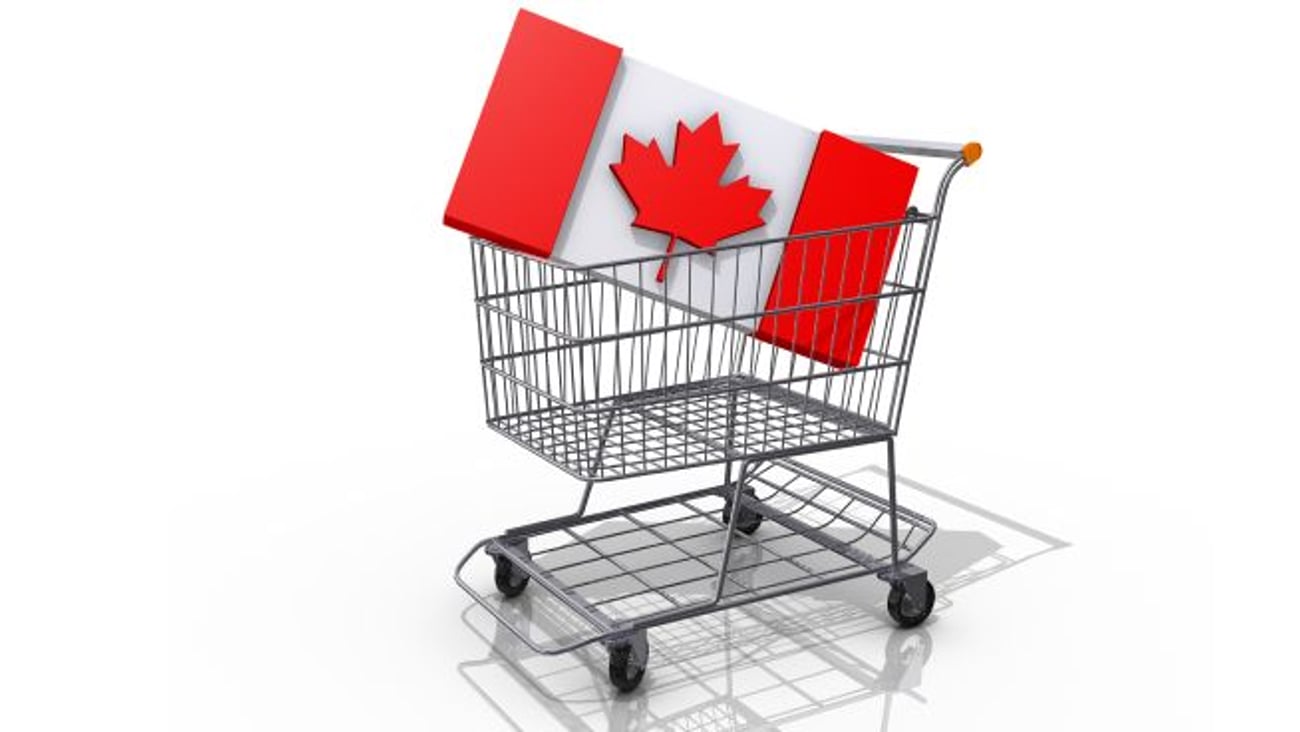Why canola now matters to all Canadians
Canada was exposed to criticism in December when Huawei executive Meng Wanzhou was arrested at Vancouver International Airport, at the request of U.S. authorities, for violating sanctions on Iran. Canada's former ambassador to China, John McCallum, lost his job in January for weighing in on the extradition case. Though Trudeau has argued countless times that Wanzhou’s arrest had no underlying political intentions, most Canadians can appreciate how our government’s position can be difficult to believe.
So, its not surprising Beijing continues to ramp up diplomatic pressures on Canada through its decision to stop buying Canadian canola seed. At first it was affecting Canada’s largest exporter Richardson, and now it’s affecting everyone. China’s decision to target canola is no coincidence. China is Canada's biggest international canola customer. Canola was invented here and is arguably one of Canada’s greatest accomplishments in biotechnology. Canola was given its name, in 1978, by combining “Canada” and “ola.” It is one of the most well-known Canadian-engineered products in the world, certainly in the agriculture industry. It is a $27-billion industry and nearly 250,000 jobs depend on canola. Over 43,000 farmers grow canola every year across the Prairies and more than 75% of canola produced in Canada is exported.
More actions from Beijing are likely to come. In 2018, Canada exported $21.8 billion in merchandise to China last year, over half of which included agricultural products. Soybeans, pork, lobsters and beef could be next on the list of items China decides to target. Canada is learning how to deal with China’s other “great wall” as the country weaponizes market access. Guy St-Jacques, a former Canadian ambassador to China, has suggested it is time to get tough.
Given the size of our economy and our diplomatic track-record under the current government, it’s difficult to see how any forceful measures by Ottawa can be taken seriously. We still don't have a new ambassador to China. Our best ally in this conundrum right now is Washington, another unfriendly place for us these days. Our relationship with the Americans isn’t what it was in 1985 when both President Reagan and Prime Minister Mulroney sang “When Irish Eyes are Smiling” at the Quebec Shamrock Summit. What was largely forgotten about that famous summit is the fact that Americans at the time wanted to add duties to many Canadian imported products. The Summit mended relations between the two countries in the post-Trudeau/Nixon era and led to the North American Free Trade Agreement. Things are certainly not the same these days and Americans won’t necessarily appreciate Ottawa’s assistance on the Wanzhou case.
The only thing left for Ottawa to do is to proceed with Wanzhou's extradition and hope for the best. Meanwhile, Ottawa’s budget tabled last week had provisions for our dairy, poultry and egg sectors, affected by recently ratified trade agreements. Federal Finance Minister Bill Morneau may want to revisit his budget and reconsider how he intends to help other sectors negatively affected by trade. One thing is for sure: the $75 billion target in agriculture and food exports we gave ourselves to reach by 2025 is now little more than a pipedream.




